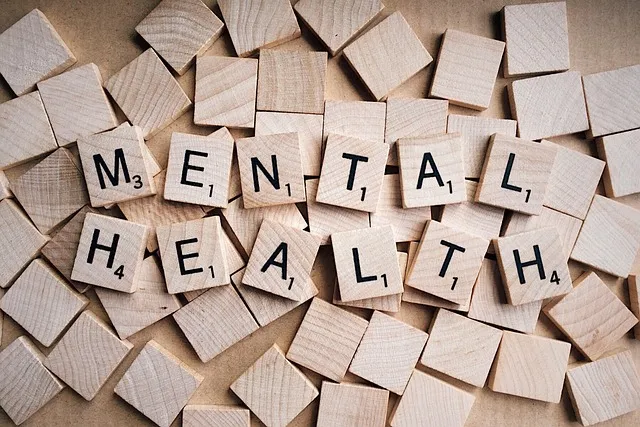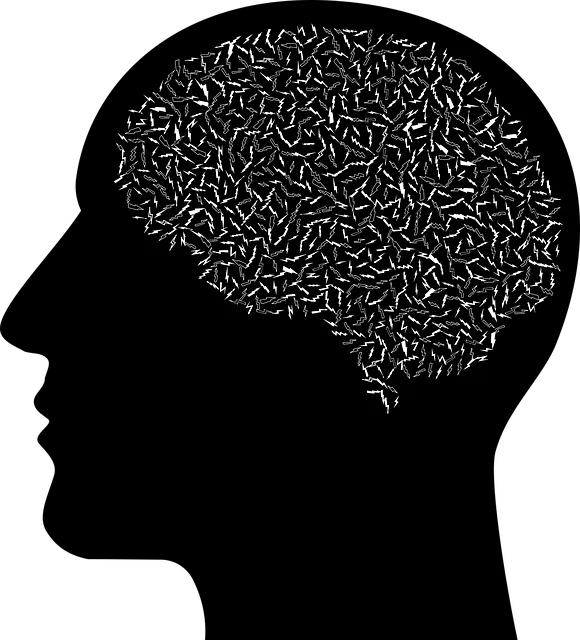Wheat Ridge's Kaiser offers comprehensive inpatient mental health services, combining medical treatment, therapy and coping skills development for severe crises. Their crisis intervention strategies, including Coping Skills Development and Compassion Cultivation Practices, empower individuals with resilience and long-term mental well-being. With 24/7 monitoring, medication management, and evidence-based interventions, Kaiser's program prioritizes stability and recovery, integrating both inpatient and outpatient services to enhance patient outcomes in the digital age.
“In times of crisis, effective intervention can make a profound difference. This article explores vital strategies for crisis intervention, focusing on the essential role caregivers play. We delve into the renowned Kaiser Inpatient Mental Health Model, its services, and benefits, offering a structured approach to managing crises. Furthermore, we examine Wheat Ridge’s successful crisis management strategies and emphasize the importance of professional training and resources in mental health care. Discover how these elements combine to create a supportive environment, especially considering the comprehensive inpatient mental health services Kaiser offers.”
- Understanding Crisis Intervention: A Vital Role for Caregivers
- The Kaiser Inpatient Mental Health Model: Services and Benefits
- Strategies for Effective Crisis Management at Wheat Ridge
- Training and Resources: Empowering Professionals in Mental Health Care
Understanding Crisis Intervention: A Vital Role for Caregivers

In moments of crisis, whether it’s a sudden mental health emergency or an acute traumatic event, caregivers play a pivotal role in providing immediate and effective intervention. Wheat Ridge, with its Kaiser inpatient mental health services, offers specialized care for such situations. Crisis intervention strategies are designed to help individuals navigate through distressing situations, offering a lifeline when traditional coping mechanisms fail. Caregivers equipped with these skills can make a significant difference in mitigating the impact of a crisis and facilitating recovery.
The process involves not just responding to the immediate need but also fostering resilience. Techniques like Coping Skills Development, Compassion Cultivation Practices, and Confidence Boosting are essential tools for caregivers to assist those in distress. These practices enable individuals to cope with intense emotions, build resilience against future crises, and promote overall well-being—a crucial aspect of long-term mental health management, especially when accessing services like Kaiser’s inpatient care in Wheat Ridge.
The Kaiser Inpatient Mental Health Model: Services and Benefits

Wheat Ridge residents lucky to have Kaiser’s inpatient mental health services, offering comprehensive care tailored to individual needs. The Kaiser Inpatient Mental Health Model is designed to provide an intensive and structured environment for those experiencing severe mental health crises. This model prioritizes stability and recovery through a combination of medical treatment, therapy, and coping skills development.
Services within this framework include 24/7 monitoring, medication management by psychiatrists, group therapy sessions facilitating social connection and support, as well as individual therapy to address specific needs. Kaiser’s approach focuses on not only mood management but also risk management planning, ensuring professionals are equipped with strategies to predict and mitigate potential risks. This holistic care extends beyond acute episodes, aiming to empower individuals with the tools they need for long-term mental wellness, even after discharge from inpatient care.
Strategies for Effective Crisis Management at Wheat Ridge

At Wheat Ridge, effective crisis management is guided by a comprehensive approach that integrates both inpatient and outpatient mental health services. For individuals experiencing acute crises, our facility offers specialized care through its Kaiser-affiliated inpatient program, ensuring round-the-clock monitoring and evidence-based interventions. This level of support is crucial for stabilizing individuals and preventing further deterioration.
Beyond inpatient care, Wheat Ridge emphasizes the importance of Risk Management Planning for Mental Health Professionals to mitigate risks and promote safe practices. By incorporating self-care practices into their routines, mental health professionals at Wheat Ridge enhance their resilience and ability to provide consistent, compassionate care. Additionally, our strategies focus on mood management techniques as a core component of crisis intervention, aiming to empower individuals with the skills necessary for long-term well-being.
Training and Resources: Empowering Professionals in Mental Health Care

In today’s digital era, training and resources play a pivotal role in empowering professionals delivering mental health care, such as those available at Wheat Ridge, where Kaiser offers inpatient mental health services. Comprehensive crisis intervention strategies require continuous education to keep up with the evolving landscape of mental illness and self-care practices. Organizations like Kaiser are ahead of the curve by providing extensive training programs that equip healthcare workers with the latest techniques in managing crises effectively.
These programs often include modules on Mental Illness Stigma Reduction Efforts, fostering a more inclusive environment for patients. By investing in their staff’s education, facilities like Kaiser ensure that crisis intervention guidance is not just theoretical but practical and up-to-date. This, in turn, enhances patient care and outcomes, making resources like inpatient mental health services accessible to those who need them most.
Crisis intervention plays a pivotal role in supporting individuals during times of severe distress. The article has explored various aspects of this critical field, including the importance of caregiver understanding, the benefits of the Kaiser Inpatient Mental Health Model, and effective strategies employed at Wheat Ridge. Additionally, it highlighted the crucial role of training and resources in empowering mental health professionals. By integrating these insights, caregivers and professionals can enhance their crisis management capabilities, ensuring better support for those facing mental health emergencies, much like the comprehensive services offered by Kaiser’s inpatient mental health program.






